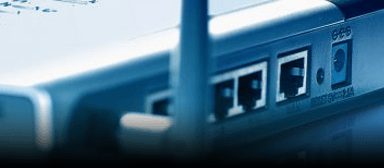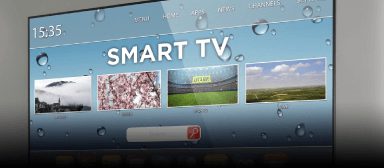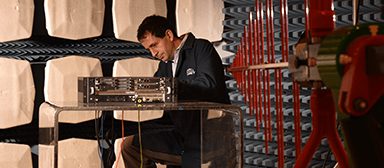Our RF Testing & Certification Capabilities »
Radio frequency (RF) testing simulates the functionality and performance of radio and telecommunications equipment to ensure that devices will not only interfere with other users of the radio frequency spectrum but also verify that the radio equipment is using the radio spectrum effectively. Other tests are also usually required to verify that your device meets local regulations for electromagnetic compatibility (EMC), electrical safety and RF exposure.
- Radio Approval Testing to a wide range of standards
- RFID Testing
- 2D Antenna Pattern Measurements
- Dynamic Frequency Selection (DFS)
- Specific Absorption Rate (SAR) Testing
- Smart Devices
- Smart Home Wireless Type Approvals
- ZigBee Product Pre-Testing
- Bluetooth Compatibility Testing
- 11a/b/g/n
- Toll Testing
- Internet of Things
Global RF Type Approvals
As a Telecommunications Certification Body (TCB) and Accredited Testing Laboratory for the FCC, a CB for Industry Canada, and a notified body under the EU RE Directive, we provide full market access solutions including standard evaluations, pre-compliance testing, certification testing & documentation, and regulatory body liaison services.
- FCC Accredited Compliance Testing and TCB certification
- ISED – Innovation, Science, and Economic Development Canada (formally Industry Canada)
- RED – Radio Equipment Directive (formerly R&TTE Directive) compliance testing & certification
Other Related Pages and Capabilities:
- Wireless & RF Testing
- FCC Testing & Certification
- RED Directive Testing
- EMC Testing
- Global Market Access
- Wireless & RF Certification Accreditations
What is RF Testing?
RF testing, or Radio Frequency testing, evaluates radio and telecommunications equipment to ensure there is no interference with the devices and users of the surrounding RF environment. The testing involves an evaluation of a device’s use of the radio spectrum and the influence of emitted and absorbed RF radiation on radio devices operating in the immediate vicinity.
There are also protocol tests that are performed to evaluate the compatibility with other devices. Examples of protocol testing include:
- Smart Device Communication
- Bluetooth
- ZigBee
- 802.11 a/b/g/n
Why perform RF Testing?
RF Testing is required by regulatory bodies to ensure that existing devices will not be interfered with by new devices and to prove that new devices are resistant to existing RF environments. Additionally, RF testing helps evaluate the radiation emitted by a product, which must also fall within acceptable limits to obtain regulatory compliance.
What is Radio Frequency (RF)?
Radio Frequency or “RF” energy is a form of electromagnetic energy and is defined as of waves of electric and magnetic energy (radio waves) moving together through space as emitted by transmitting antennas.






